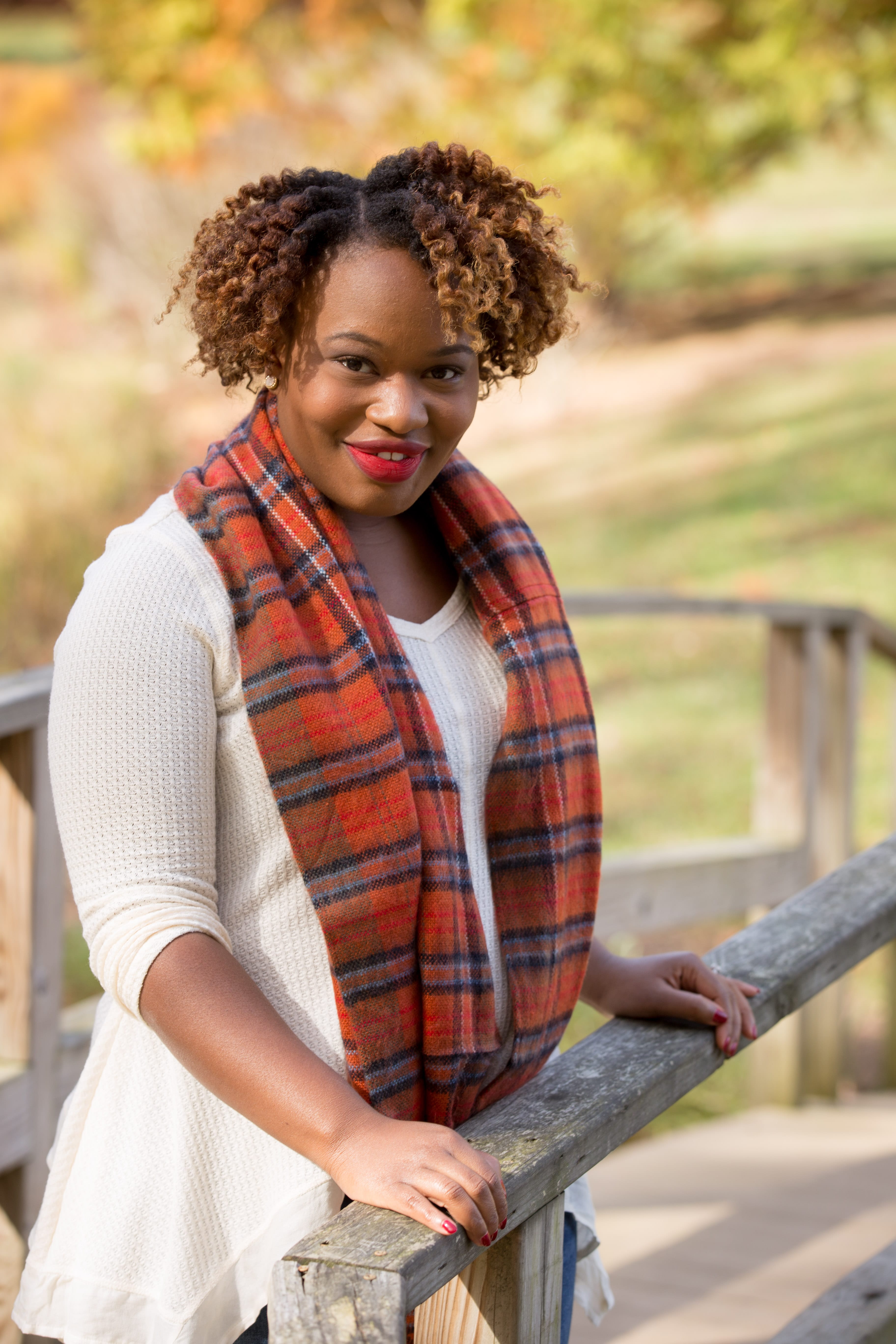By: Staff
We’re giving a big ASHG welcome to Dyanna Christopher, MPH!

Dyanna started the ASHG/NHGRI Genetics Education & Engagement Fellowship in August. We sat down and discussed her passion for genetics education and engagement, and what led her to this fellowship. ASHG and the National Human Genome Research Institute (NHGRI) co-sponsor this fellowship to support early-career genetics professionals wishing to transition to careers in genetics education and public engagement.
ASHG: Why did you apply for the ASHG/NHGRI Genetics Education & Engagement Fellowship?
Dyanna: I’m interested in opportunities that aim to address populations without a background in genetics. These publics can range from medical health professionals who never studied genetics to members of lower-income and minority communities who don’t have enough health literacy to make important health care decisions that can be determined by their genetic predispositions. Because of the rotational structure of this fellowship, it was clear that this position would give me the opportunity to bridge those gaps in knowledge for health care professionals and the nonscientific community.
ASHG: How did your background lead you to education/engagement centered around genetics?
Dyanna: Believe it or not, my interest in genetics began in high school, where I was able to take my first genetics related classes. I got a BA from the University of Pittsburgh in English Writing with a pre-health track. During my undergrad, I completed an independent study project examining stigma as it relates to genetic diseases and the media. I found that most of the stigma and fear came from a lack of genetic education. I also shadowed scientists and healthcare professionals and got to see firsthand the empowerment that came when a person used their familial history and genetic test results to make medical decisions.
I went on to get my master’s from the University of Pittsburgh in Public Health Genetics. My thesis was focused on patient barriers to initial genetic risk assessment and follow up services. Some of the barriers we looked at were stigma, religion, and education. We found that the community we observed had many misconceptions about genetics and how it relates to health. People were afraid to discuss their genetic predispositions. I would call to tell patients their screenings indicated they might want to consider making a follow up appointment to discuss their detailed family history to see if they qualified for additional genetic services, and even that information made patients nervous. It was clear that genetic services were being misunderstood. It’s important to communicate that even if you have a genetic predisposition to something like breast cancer, that is not a death sentence; it’s merely another factor to consider when making medical decisions.
I was also a Patient Navigator for the American Cancer Society. In this position I actively engaged with different communities by organizing events with the purpose of educating the audience about breast cancer and screening. I was additionally able to partner with other community stakeholders to gain a better understanding of what type of education events the communities would be receptive to.
ASHG: Is there a specific area of engagement or education that interests you most?
Dyanna: To be perfectly honest, everyone could benefit from better genetic education, so I have a very broad interest. But from my background and involvement in different communities, lower-income and minority populations have a special place in my heart because they have several factors affecting their access to genetic services and education. One of my goals is to address the health disparities seen in this community.
ASHG: What do you hope to accomplish in this position?
Dyanna: I hope to help close the knowledge gap about genetics for a variety of publics. I also hope I can highlight the importance of careers like genetic counseling, genetic research and genetic education and encourage others to pursue those positions so that there can be better avenues for utilization of genetic information and personalized medicine and care. I hope that medical professionals who don’t have genetics backgrounds will have better access to resources which will help them integrate genetics into their patient care.
ASHG: Any advice for fellow scientists interested in transitioning to engagement/education?
Dyanna: Don’t be afraid to apply for fellowships! I knew about the ASHG/NHGRI Genetics Education & Engagement Fellowship last year, but was concerned the application process would be too daunting for me to take on when I was finishing graduate school. I expected it to be as lengthy as my grad school applications, but it wasn’t, and I was disappointed I didn’t apply sooner.
If you’re still an undergrad, be open to taking classes outside of your major that will expose you to your other interests. If you didn’t take the classes during your undergrad, then look for opportunities in graduate school to indulge some of those interests. See if you can take courses at other schools/departments. Internships and volunteer opportunities are another great way to get exposure to a different field if you don’t have space in your schedule. My graduate school offered community engagement and community-based research courses that were helpful. Reaching out to potential mentors can also help you figure out if education is right for you. Find people who are doing what you want to do and connect with them. Professionals in this field see the growing need for more geneticists, so we are very receptive to people interested in what we’re doing.
Overall, there’s no linear path into education and engagement. Volunteer, network, and take classes outside of your regular course of study to see if this could be the right fit for you!
Background on the ASHG/NHGRI Genetics Education & Engagement Fellowship
This unique fellowship provides several experiences: working with NHGRI’s Education and Community Involvement Branch; working with the education department at ASHG; and an optional third experience working with another organization involved in substantive science education or public engagement initiatives. Applications open in February.
